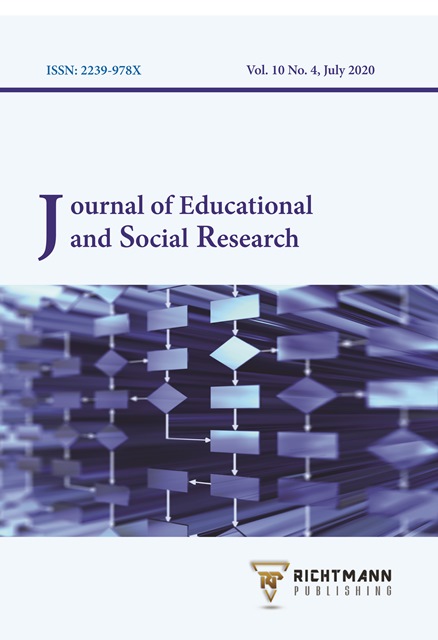Writing in Science
DOI:
https://doi.org/10.36941/jesr-2020-0072Abstract
Scientific knowledge entails rigour and control, both as a process of creating a reasoned view of reality and also as the product of results that shape the dissemination of science. The publication is critical for the development of science and the career of the academic/scientist. This article discusses some aspects of writing in science, in a stance that starts from the authors’ scientific area – Sociology/Social Sciences –, using the scientific publication in specialized journals as a paradigmatic case. The results allow concluding that writing in science does not provide the indication of principles to be pursued and that it is shaped as more than rigid self-sufficient rules for the production of a scientific-type text. This topic is particularly relevant in the current context, in which the process of scientific publication is undergoing a profound reformulation.
Downloads
Downloads
Published
Issue
Section
License
This work is licensed under a Creative Commons Attribution-NonCommercial 4.0 International License.









